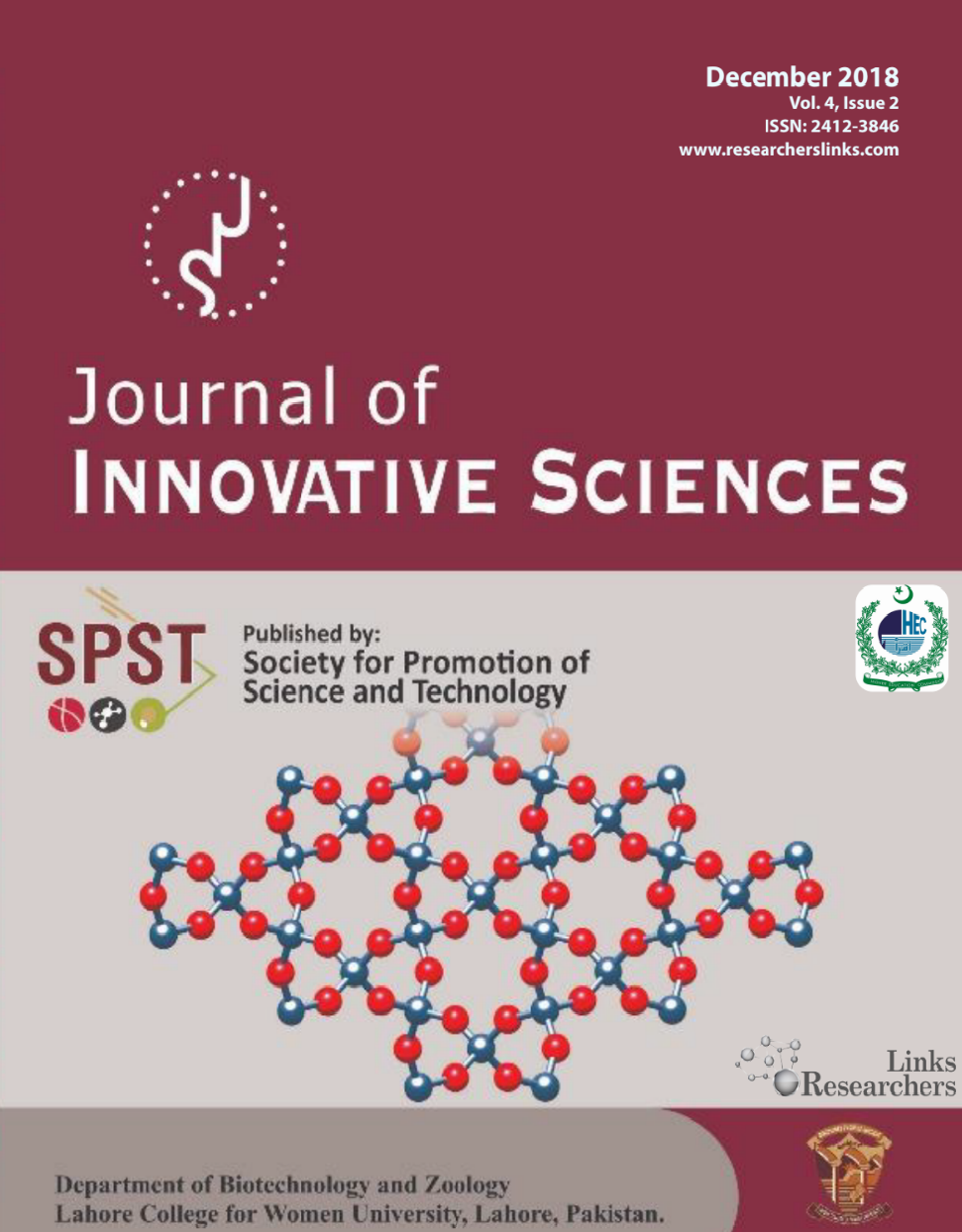Groundnut (Arachis hypogaea L.) is an important grain legume crop. However, there is still great need to develop superior varieties and lift its production. Germplasm characterization plays a vital role in improved cultivars’ development. The current study was conducted to estimate genetic variability, traits association, and path coefficient analysis in eleven groundnut advanced breeding lines together with check vis BARD-479, using randomized complete block design with three replications at National Agricultural Research Centre, Islamabad, Pakistan. Through One-Way Analysis of variance significant discrepancies were found among the genotypes for most of the traits. In this study 100 kernels weight was found in significant positive correlation (0.821 **) with twenty pods length, while in significant negative correlation (-0.850 **) with plant width. Similarly, the trait of dry pods yield was in significant positive correlation (1.216**) with plant height, while was significant negatively correlated (-.850**) with number of branches. A strong positive direct effect was observed between twenty pods length (5.548), shelling percentage (4.630), 100-kernels weight (3.738), and leaflet length (2.950) with dry pods yield, indicating the importance of traits linkage in groundnut genotypes improvement. A weak direct effect was found among morphological traits i.e., number of branches (1.419), plant height (.311), and plant width (1.058). A strong indirect effect was witnessed by Leaflet width (-2.225) with dry pods yield. Furthermore, genotypes PG-1221, PG-1259, PG-1254, and PG-1266 were found with promising yield potential of 3637 Kg/ha, 3430 Kg/ha, 3286 Kg/ha, and 3176 Kg/ha, respectively, hence recommended for further evaluation through future breeding program.




